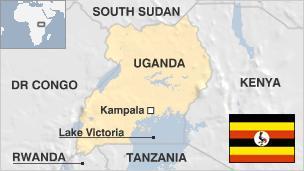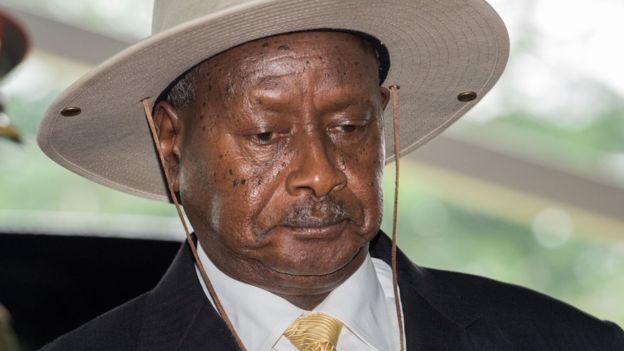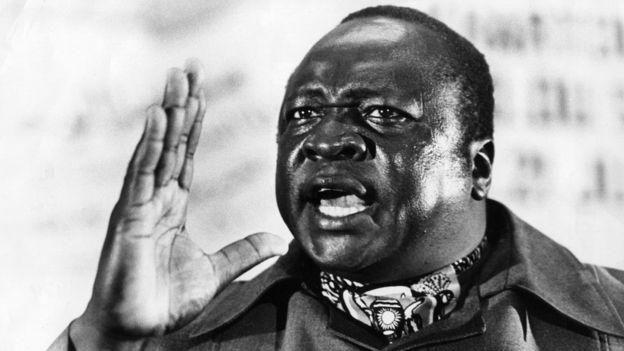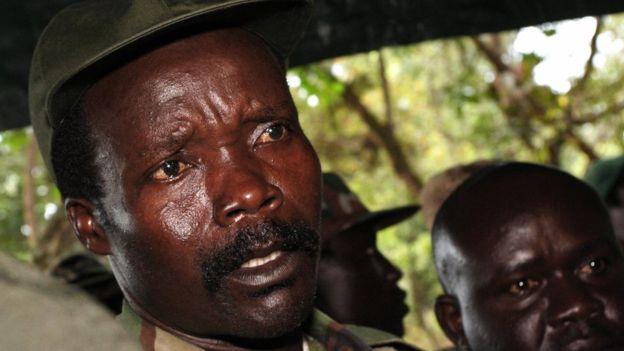
Landlocked Uganda has transformed itself from a country with a troubled past to one of relative stability and prosperity.
Since its independence from Britain in 1962, the east African nation has endured a military coup, followed by a brutal military dictatorship which ended in 1979, disputed elections in 1980 and a five-year war that brought current President Yoweri Museveni to power in 1986.
The country has also had to contend with a brutal 20-year insurgency in the north, led by the Lord's Resistance Army.
While the country has won praise for its vigorous campaign against HIV/AIDS it has also attracted international attention for its hardening stance against the LGBT community.
FACTS
-
Population 35.6 million
-
Area 241,038 sq km (93,072 sq miles)
-
Languages English (official), Swahili (official), Luganda, various Bantu and Nilotic languages
-
Major religions Christianity, Islam
-
Life expectancy 54 years (men), 55 years (women)
-
Currency Ugandan shilling
Getty Images
LEADER
President: Yoweri Museveni
 Image copyright Getty Images
Image copyright Getty Images Yoweri Museveni and his National Resistance Movement have ruled Uganda without interruption since seizing power in 1986.
He won the 2011 presidential elections after a 2005 constitutional amendment lifted presidential term limits, and went on to win again in 2016. The opposition and independent observers have complained about the fairness and transparency of these and earlier polls.
Mr Museveni has been credited with restoring relative stability and economic prosperity to Uganda following years of civil war and repression under former leaders Milton Obote and Idi Amin.
But he has also faced UN criticism for his role in the conflict in DR Congo. More recently, Uganda has been accused of aiding rebels there.
MEDIA
Uganda is a pioneer in the liberalisation of the media in Africa.
It boasts a vibrant media sector, with nearly 200 private radio stations and dozens of television stations and print outlets, although circulation numbers have declined in recent years.
TIMELINE
Some key dates in Uganda's history:
 Image copyright Getty Images
Image caption The eccentric leader Idi Amin expelled Uganda's Asians
Image copyright Getty Images
Image caption The eccentric leader Idi Amin expelled Uganda's Asians 1894 - Uganda declared a British protectorate.
1962 - Independence: Federalist constitution with Mutesa, King of Buganda as president and Milton Obote as prime minister.
1967-71 - Milton Obote seizes power in a coup and abolishes Uganda's tribal kingdoms.
1971-79 - Military leader Idi Amin seizes power - hundreds of thousands die during his rule.
1972 - Amin expels thousands of Ugandan Asians.
1978-79 - Uganda invades Tanzania but Tanzania retaliates, forcing Amin to flee the country.
1980-85 - Milton Obote returns to power but is deposed in a military coup.
1986 - Rebel leader Yoweri Museveni seizes power, heralding a period of stability and improved human rights.
1995 - New constitution legalises political parties but maintains ban on political activity.
2005 - Referendum endorses multi-party politics but lifts presidential term limits.
2008 - Crackdown on Lord's Resistance Army forces rebels to retreat from Uganda.
 Image copyright Getty Images
Image caption Joseph Kony's Lord's Resistance Army has blighted the region for years
Image copyright Getty Images
Image caption Joseph Kony's Lord's Resistance Army has blighted the region for years
